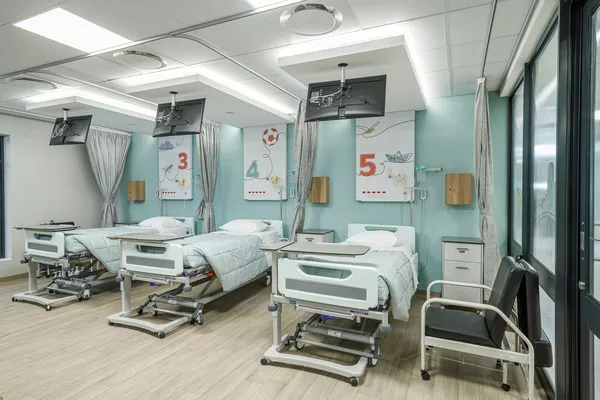In a significant move, UNICEF Libya expresses profound gratitude to the German Government for its substantial support to Maternal, Newborn, Child Health (MNCH), and Nutrition programs in the country. The German development agency, Deutsche Gesellschaft für Internationale Zusammenarbeit (GIZ) GmbH, will facilitate this crucial aid, in collaboration with the Primary Health Care Institute of the Libyan Ministry of Health. The support is earmarked for two pivotal UNICEF programs addressing immediate and mid-term health challenges, marking Germany’s continued engagement in the health sector.
The initial program will concentrate on enhancing primary healthcare provision in 12 municipalities across Libya. A generous grant of 2.5 million EUR from the “Improving Primary Health Care Provision in Libya” project, implemented by GIZ on behalf of the German Federal Ministry for Economic Cooperation and Development (BMZ), will fuel this initiative. The program aims to mitigate the impact of political instability, armed conflict, the COVID-19 pandemic, and economic shocks on Libya’s health infrastructure. Benefiting 175,000 people, including 35,000 vulnerable children and 14,000 pregnant and lactating women, the program will bolster the Primary Health Care (PHC) system. Its objectives encompass improving service access, training 260 healthcare staff, equipping facilities, implementing electronic vaccine tracking, and promoting community-based health initiatives in seven municipalities.
Michele Servadei, UNICEF Representative, stressed the significance of this support, stating, “The Primary Health Care system is the backbone of the entire health services, ensuring day in and day out, essential services for hundreds of thousands of mothers and children, including newborns. This support from Germany is an important signal towards the need to increase investments in primary health.”
Highlighting the achievements of UNICEF’s Primary Health Care program to date, comprehensive service packages, strengthened District Health Information System (DHIS), and crucial support for COVID-19 vaccinations have positively impacted 375,000 people in 2023 alone.
The second program is a direct response to the aftermath of Storm Daniel in eastern Libya. GIZ is allocating a grant of 475,000 EUR to provide swift assistance post-flood. Developed in collaboration with the Libyan Ministry of Health, the initiative focuses on medium-term recovery by rehabilitating health systems in affected areas. This funding will enable the refurbishment of three health centers in Shahat, Albayda, and Benghazi, training 175 healthcare workers in emergency response skills. A total of 45,000 children and women will benefit from revitalized health services, with 75,000 community members engaged in health promotion.
In expressing gratitude, Michele Servadei emphasized, “This support enables UNICEF to deliver life-saving interventions, while at the same time rebuilding health infrastructure and strengthening our capacity to respond to current and future emergencies.”
German Ambassador to Libya, Michael Ohnmacht, underlined the enduring partnership between Germany and UNICEF in Libya, stating, “We invest in Primary Health Care because it is the most equitable and cost-effective approach to enhance people’s health. We know that Primary Health Care is critical to making health systems more resilient in times of crisis.”
UNICEF affirms its commitment to working closely with the Government and key national and international partners, including GIZ, to ensure the success of these programs and create a healthier future for all children and families in Libya.


